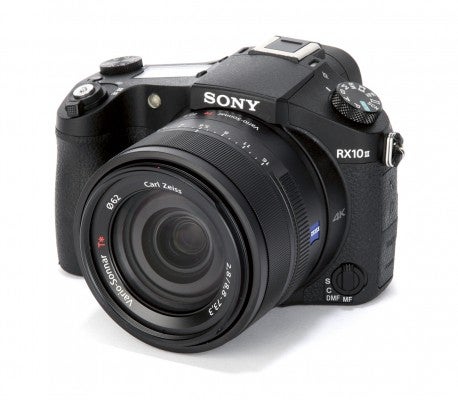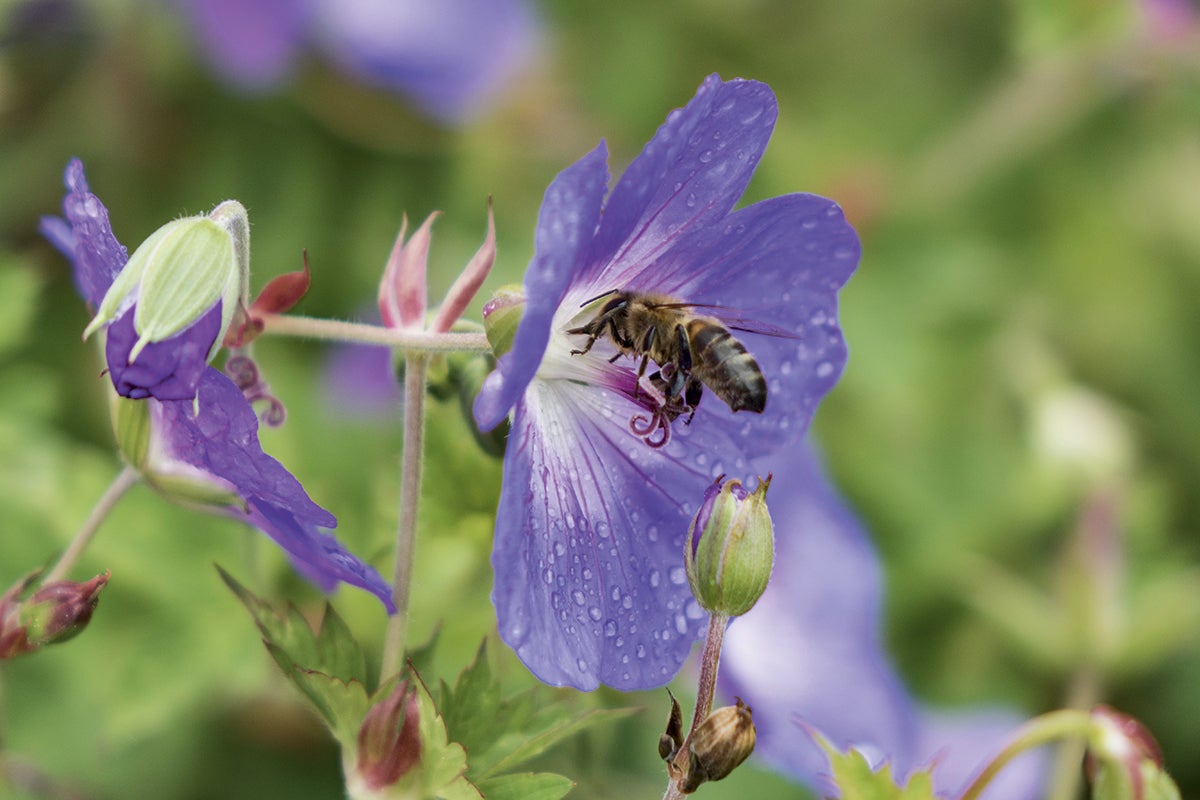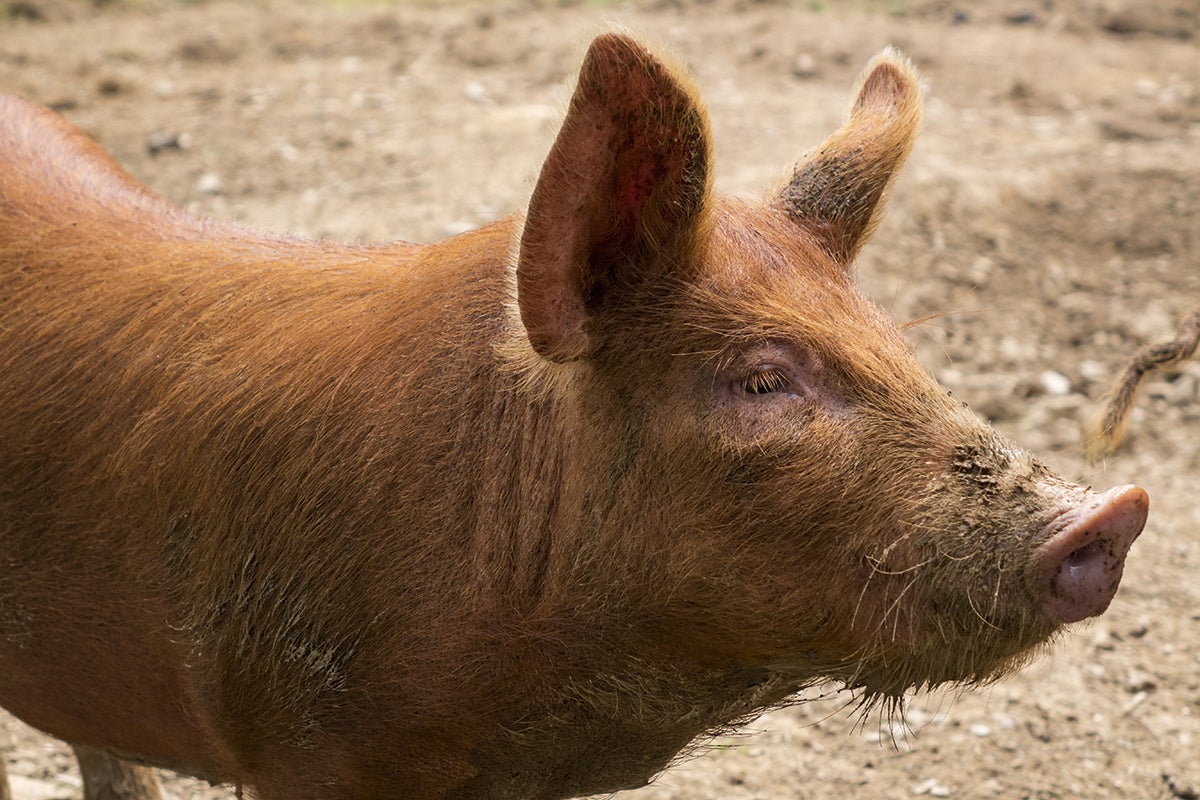Richard Sibley tests Sony’s Cyber-shot DSC-RX10 II, with new 20.2-million-pixel stacked sensor, 4K video capture and slow-motion video at up to 1000fps.
Sony Cyber-shot DSC-RX10 II review
Sony Cyber-shot DSC-RX10 II review – Performance
It is interesting to note that the RX10 II still uses contrast-detection AF, rather than the on-sensor phase-detection that Sony has been reeling out in its other recent cameras. However, the RX10 II is pretty nippy. Indeed, Sony claims that the RX10 II has a focus speed of 0.09sec, which, when focusing on distant objects at the 24mm equivalent setting, is certainly believable.
At this widest focal length the focusing speed is snappy, even when going from the minimum to maximum focus distance. It’s worth noting at this point that the minimum focus distance is just 3cm from the front of the lens, which makes the RX10 II great for close-up images.
At the 200mm equivalent focal length the focusing does become a little slower, and it may occasionally hunt in low light. However, the focus speed is still quick and suitable for the majority of subjects that enthusiast photographers will throw at it.
Although the lens focus ring uses an electronic fly-by-wire system, it works smoothly and allows you to focus quickly. Combined with the excellent viewfinder and the magnification view that is offered, it’s possible to manually focus precisely.
When shooting video at a 4K resolution, any individual frame has a resolution of 8 million pixels. Sadly, unlike Panasonic, Sony has not included an option (a very useful one at that) to extract an individual frame from 4K footage, so this must be done using software on a computer.
The high frame rate (HFR) video is simply astounding. It should be noted that all the footage is subject to various different crops, depending on the frame rate, and that it’s upscaled to 1080p for viewing. The 250fps footage is recorded at a resolution very close to 1080p, so it looks fantastic, and while the 1,000fps footage is a little lacking in definition in comparison, being able to see a bee flying 40x slower than in real life is fascinating.
More conventionally, the camera can record at 1920×1080 at 25, 50 or 100p. It also has a mic-in and headphone output, as well as HDMI and a wealth of other features.







